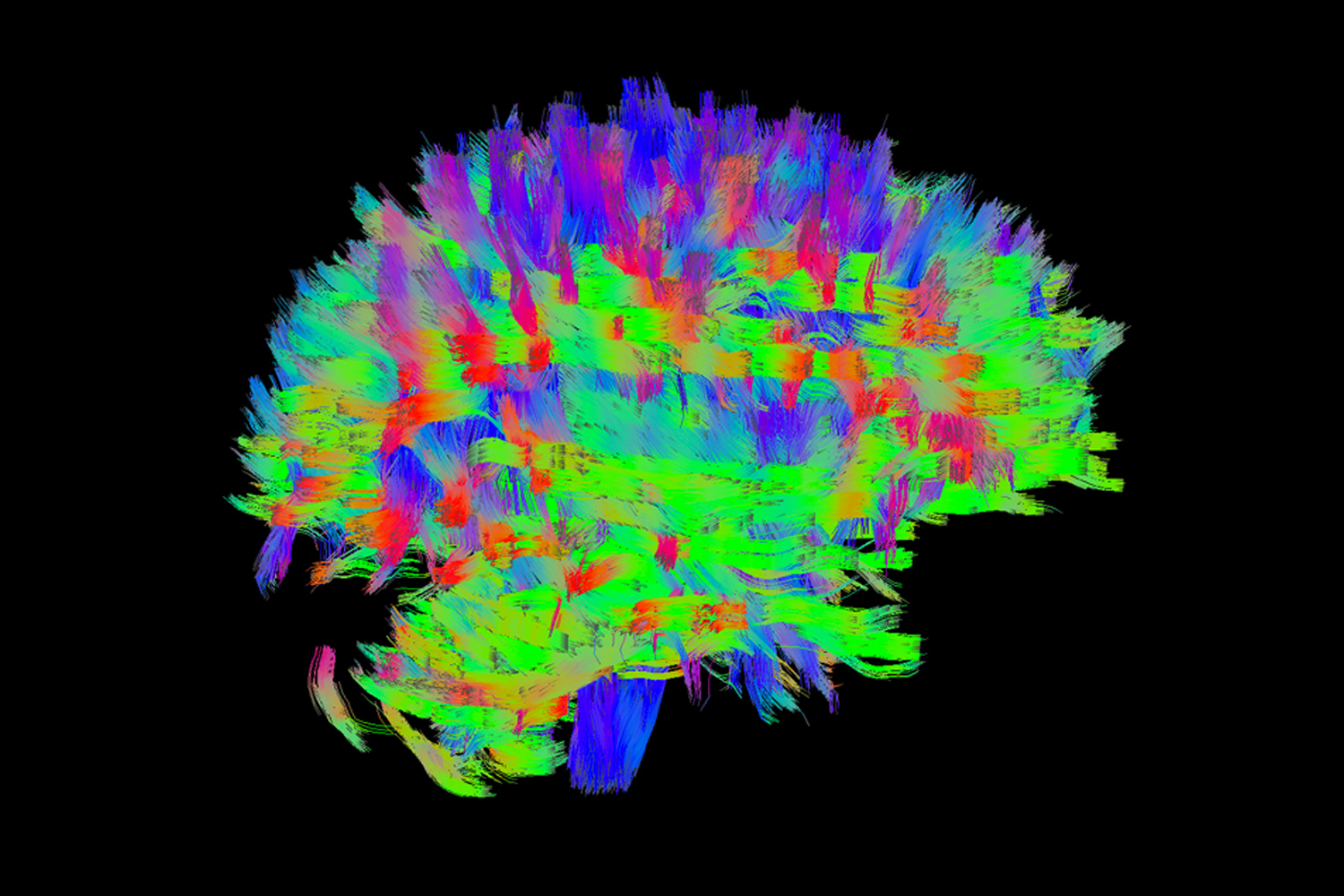A new institute for brain and cognitive science and a humanities project exploring the barriers to meaningful public discourse are two of the CLAS faculty-led initiatives the University of Connecticut administration recently supported through the allocation of nearly $10 million in grants.
The three-year grants represent the first set of targeted school investments related to UConn’s new Academic Vision.
- With a $1 million grant, the new Connecticut Institute for Brain and Cognitive Science will bring together UConn’s growing core of eminent faculty who are exploring the science behind perception, cognition, language, communication, and the intricate workings of the brain. The institute will integrate research into communication disorders, linguistics, and psychology with related work in neurobiology, and molecular, genetic, and behavioral neuroscience. UConn faculty exploring the physical sciences, including physics, chemistry, and engineering, will also be affiliated with the center. The College’s new Brain Imaging Research Center, which houses a state-of the art fMRI scanner, will be an integral part of this endeavor.
- The Public Discourse Project, also the recipient of a $1 million grant, will be overseen by the CLAS Humanities Institute. Through the project, UConn faculty in the arts and humanities will explore ways to achieve meaningful public discourse in an increasingly divisive culture. Those involved with the project will look at the historical and sociological barriers that stymie productive social dialogue and, alternatively, the conditions that foster it. With anticipated additional funding from the John Templeton Foundation and the Andrew W. Mellon Foundation, the project is designed to establish UConn as an international leader in public and digital humanities research.
Major grants of nearly $1 million were also awarded to UConn’s Institute for Systems Genomics and a new Connecticut Cybersecurity Center at UConn.
The Institute for Systems Genomics plans to use the funding to strengthen its existing research technology and create a sophisticated computational data analysis network that will enhance its research capabilities.
The grant to the Connecticut Cybersecurity Center will be used to support collaborations between faculty in the schools of engineering, business, law, and the College of Liberal Arts and Sciences. Those collaborations will pursue innovative cybersecurity technologies related to computer hardware and software, information management, and data protection and privacy.
“The research and scholarship pursued through these investments will not only enhance UConn’s profile as a top-tier research institution, accelerate the game-changing research and teaching being conducted across UConn campuses, and forge new partnerships with industry, but also support our commitment to being a Next Gen Connecticut-driven engine for economic development,” says Jeff Seemann, UConn’s vice president for research.
Read more at UConn Today



